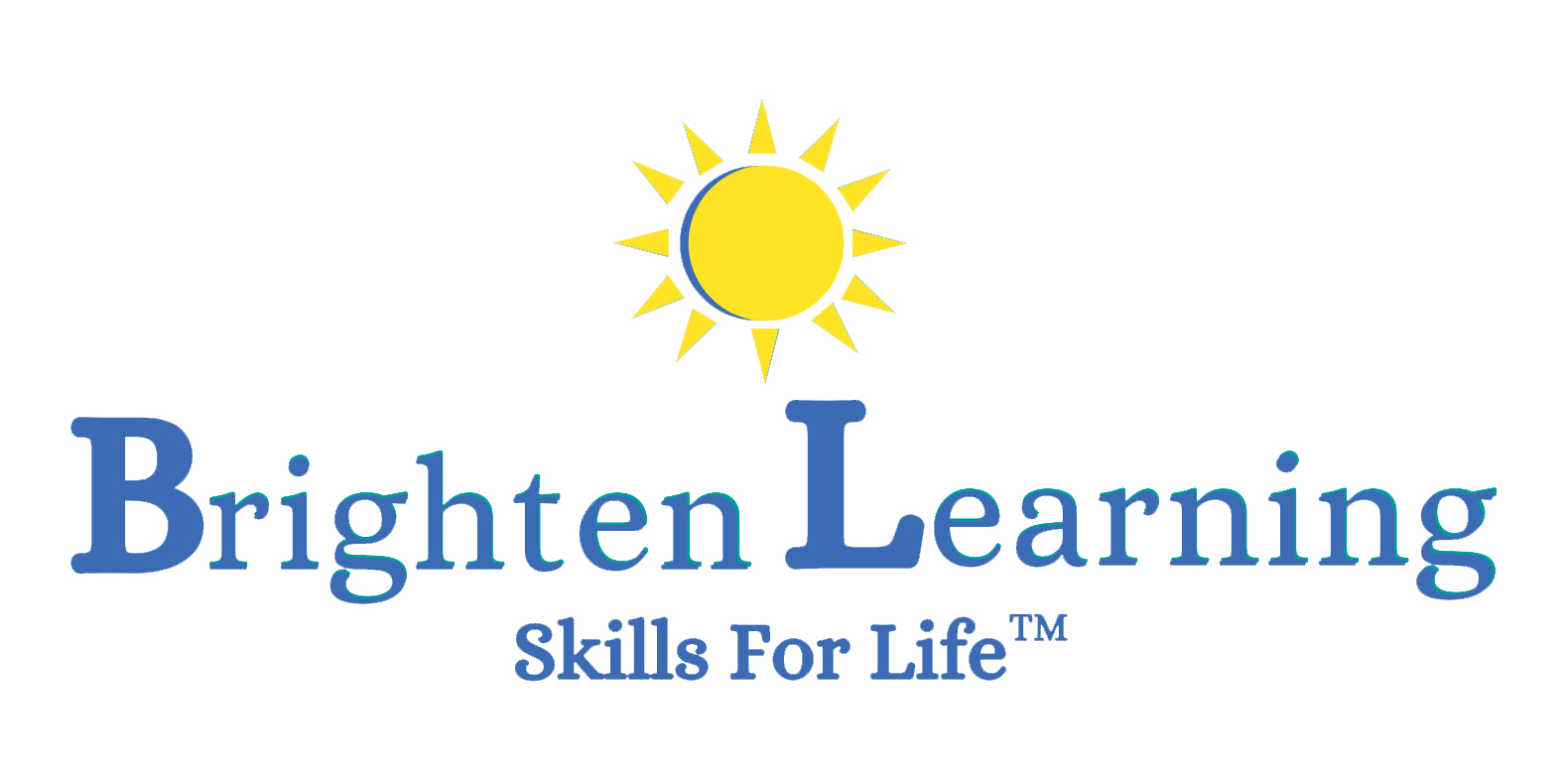“You’re having twins!” Can you imagine the excitement? In 2001, Jared and Jason Zimmerman, were…
How employees with autism are helping one business thrive.
In this installment of Stories to Inspire, the focus is on the D’Eri family, who are currently challenging the stigma regarding autistic employees. Their inspiring story appeared on upstanders.starbucks.com, a blog created by Howard Schultz and Rajiv Chandrasekran. The site profiles groups positively impacting their communities, and the D’Eri family is no exception. With an autistic son named Andrew, the D’Eris have struggled to find a future for him outside of the family environment. After Andrew was diagnosed at two years old, the family went through the usual stages of denial and eventual acceptance regarding his condition. But as the years went on, Andrew’s father, John, began to worry about his future.
According to the article, John has always felt that Andrew was capable of becoming more independent and could contribute to society without the stigma of autism holding him back; however, the question was how. After a visit to a local car wash, John realized that it could be a suitable work environment not only for Andrew, but for other adults with autism. To test this theory, John did more research. He eventually found a vocational school in Florida, named CarWash College, that specialized in training employees for car washes. John explained his idea to Paul Fazio, the head of Sonny’s Enterprises Inc. (an equipment company that owned the college), and the two decided to run an experiment to see if the idea was feasible. For five weeks, the two men trained 15 autistic individuals through a highly structured, step by step process. The training was broken down into short, simple lessons to ensure that the recruits would be able to fully develop the necessary skills. Soon, it was finally time to properly test John’s experiment.
The 15 trainees were employed at Fazio’s car wash, and John surveyed each customer’s experience with the service. After a short while, John noticed that the employees were working productively within the structured environment of the car wash and were even engaging well the customers. By the end of the experiment, their findings were nothing but positive: 95% of the customers reported having a good experience and would recommend the service to others. With this positive backing, John not only wanted to prove that autistic employees could function in a work environment, but that such a business could also be profitable. With this in mind, the D’Eris moved to Florida and purchased a local car wash in order to employ locals with autism, including Andrew.
All of the employees went through a similar training process, and soon their car wash (appropriately named Rising Tide) opened its doors to the public. John decided not to promote the fact that their employees were autistic at first to show that they could blend in with normal workers. After a couple of weeks, the results began to surprise the D’Eri’s. All of the autistic employees were diligent, focused workers that truly cared about what they were doing. They interacted well with customers, came into work on their off days, and they even began to form friendships with each other. Tom D’Eri, Andrew’s brother, also began to work for Rising Tide in order to bring the whole family together.
After a few months the car wash became profitable, spurring John to open up more Rising Tides and divulged their real mission to the public: helping to provide more employment for autistic adults. The D’Eris, with their vision and dedication, have managed to create a better future for Andrew, who loves his new job and the friends he has made in the process. As their work continues, the stigma regarding autistic employees will continue to improve as more people recognize that autism is not a limitation, but instead just a different approach.
How do you think we can continue this amazing effort and help employ more people with disabilities?
